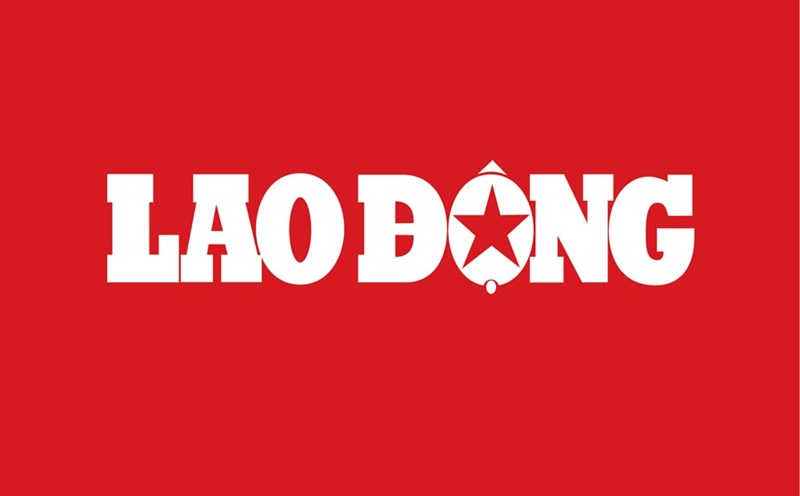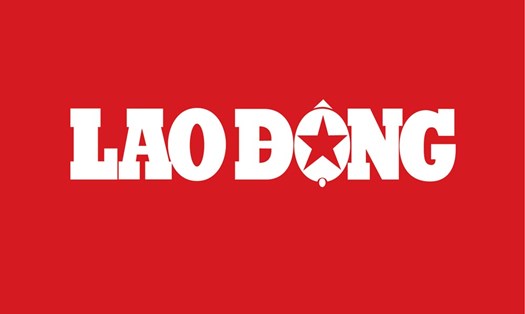Protests in former Soviet republic Georgia continued for a third day following the government's decision to freeze accession talks with the European Union (EU) until 2028.
RT reported that on November 30, the US announced the suspension of its Strategic Partnership with Georgia, condemning the ruling party's recent decision to freeze EU accession negotiations until 2028.
US State Department spokesman Matthew Miller criticized the Georgian Dream party for the move.
"The decision to suspend the Georgian Dream party's accession to the EU is a betrayal of the Georgian constitution," Miller posted on X. "We condemn the excessive use of force against Georgians exercising their right to freedom of protest and have suspended our Strategic Partnership with Georgia."
The Georgian government announcement came on November 28, when Prime Minister Irakli Kobakhidze said EU accession discussions would not be a priority until at least 2028.
Although Georgia aims to become a member of the EU, it should do so on fair terms, he said, accusing the EU of using the negotiations to "blackmail" Georgia and interfere in its internal affairs.
In response to the government's announcement, protests broke out in several cities, with protesters clashing with police in the capital Tbilisi.
President Salome Zourabichvili expressed support for the protesters, calling parliament "illegal" and refusing to resign before her term ends on 16 December.
Violence escalated outside the parliament building on the evening of November 30, where law enforcement deployed water cannons and tear gas to disperse the crowd. Several protesters were arrested as tensions rose. In retaliation, protesters threw bottles, eggs and fireworks at police, marking the third consecutive day of unrest.











